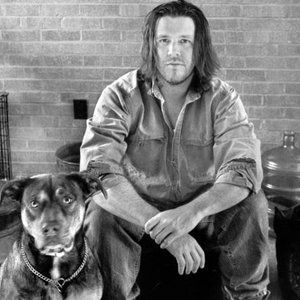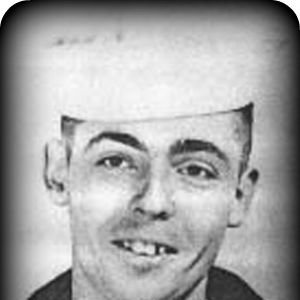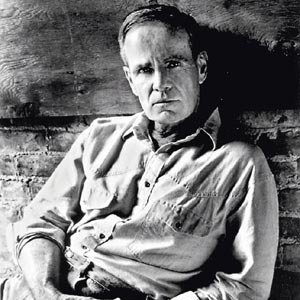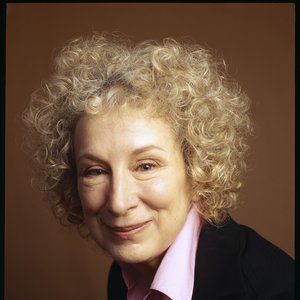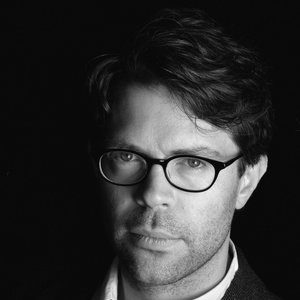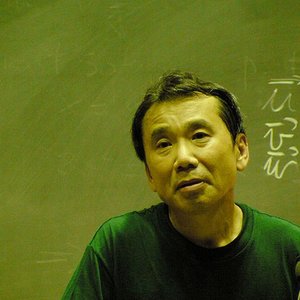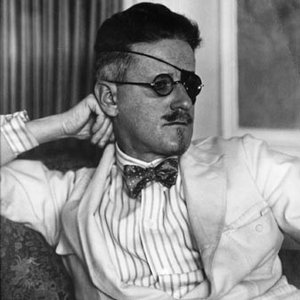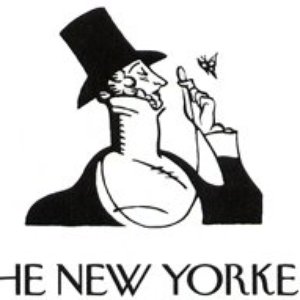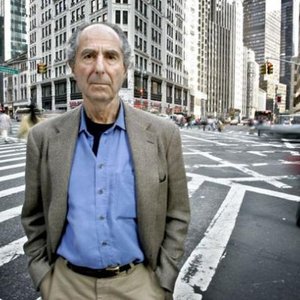Biography
Don DeLillo (born November 20, 1936) is an American author whose work paints a detailed portrait of American life in the late 20th and early 21st centuries. He has published four plays and fifteen novels, among the best known of which are White Noise (1985), Libra (1988), Mao II (1991), Underworld (1997), and Falling Man (2007). White Noise won a National Book Award, and Underworld was the runner-up in a 2006 poll of major writers about the best books in the past half-century conducted by the New York Times (after Toni Morrison's Beloved). DeLillo also won the Jerusalem Prize in 1999 and the Common Wealth Award for Literature in 2009.
DeLillo is widely considered by modern critics to be one of the central figures of literary postmodernism. He has said the primary influences on his work and development are "abstract expressionism, foreign films, and jazz." Many of DeLillo's books (notably White Noise) satirize academia and explore postmodern themes of rampant consumerism, novelty intellectualism, underground conspiracies, the disintegration and re-integration of the family, and the promise of rebirth through violence. In several of his novels, DeLillo explores the idea of the increasing visibility and effectiveness of terrorists as societal actors and, consequently, the displacement of what he views to be artists', and particularly novelists', traditional role in facilitating social discourse (Players, Mao II, Falling Man). Another perpetual theme in DeLillo's books is the saturation of mass media and its role in forming simulacra which serve to remove an event from its context and alter or drain its inherent meaning (see the highway shooter in Underworld, the televised disasters longed for in White Noise, the planes in Falling Man, the evolving story of the interviewee in Valparaiso). The psychology of crowds and the capitulation of individuals to group identity is a theme DeLillo examines in several of his novels, especially in the prologue to Underworld, Mao II, and Falling Man. In a 1993 interview with Maria Nadotti, DeLillo explained:
My book (Mao II), in a way, is asking who is speaking to these people. Is it the writer who traditionally thought he could influence the imagination of his contemporaries or is it the totalitarian leader, the military man, the terrorist, those who are twisted by power and who seem capable of imposing their vision on the world, reducing the earth to a place of danger and anger. Things have changed a lot in recent years. One doesn't step onto an airplane in the same spirit as one did ten years ago: it's all different and this change has insinuated itself into our consciousness with the same force with which it insinuated itself into the visions of [Samuel Beckett] or [Franz Kafka].Many younger English-language authors such as Bret Easton Ellis, Jonathan Franzen and David Foster Wallace have cited DeLillo as an influence. Literary critic Harold Bloom named him as one of the four major American novelists of his time, along with Thomas Pynchon, Philip Roth, and Cormac McCarthy, though he questions the classification of DeLillo as a "postmodern novelist." Asked if he approves of this designation DeLillo has responded "I don't react. But I'd prefer not to be labeled. I'm a novelist, period. An American novelist."
Critics of DeLillo allege that his novels are overly stylized and intellectually shallow. Bruce Bawer famously condemned DeLillo's novels insisting they weren't actually novels at all but "tracts, designed to batter us, again and again, with a single idea: that life in America today is boring, benumbing, dehumanized…It's better, DeLillo seems to say in one novel after another, to be a marauding murderous maniac—and therefore a human—than to sit still for America as it is, with its air conditioners, assembly lines, television sets, supermarkets, synthetic fabrics, and credit cards." George Will proclaimed the study of Lee Harvey Oswald in Libra as "sandbox existentialism" and "an act of literary vandalism and bad citizenship." DeLillo responded "I don't take it seriously, but being called a 'bad citizen' is a compliment to a novelist, at least to my mind. That's exactly what we ought to do. We ought to be bad citizens. We ought to, in the sense that we're writing against what power represents, and often what government represents, and what the corporation dictates, and what consumer consciousness has come to mean. In that sense, if we're bad citizens, we're doing our job." DeLillo also figured prominently in B. R. Myers' critique of recent American literary fiction, A Reader's Manifesto.
Artist descriptions on Last.fm are editable by everyone. Feel free to contribute!
All user-contributed text on this page is available under the Creative Commons Attribution-ShareAlike License; additional terms may apply.
